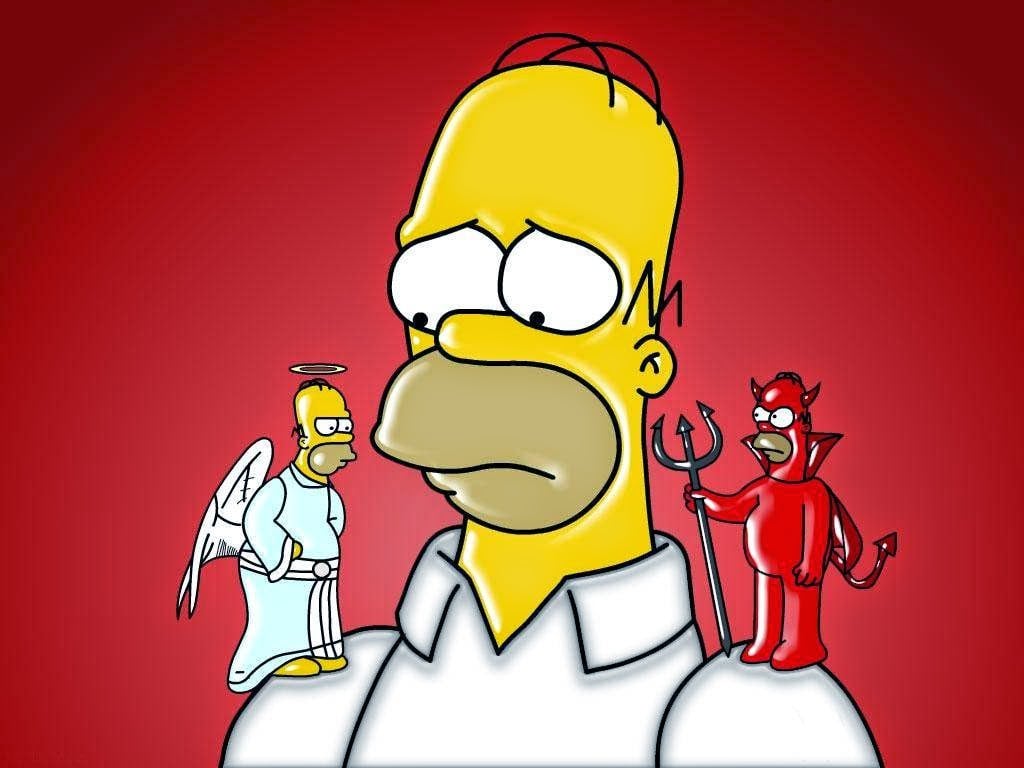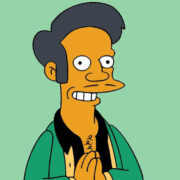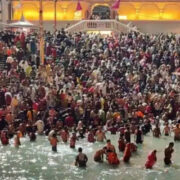I have been struggling with some moral questions when it comes to art or literature; principally whether we should separate the creator from the creation?
This is not seen in science, for example. One could be a convicted child molester or a self-avowed Nazi, but whether or not the science one does holds water is immaterial to the issue.
But in art, we consume not just the art, but also the state of the artist’s mind at the point of, before, and during the creation of that art, which offers relevance, deeper meaning, and context to the art thus produced. That means, a rapist or murderer telling a story, even if not about rape or murder, infuses their morals into their work, and it should be seen as coming from this background.
That said, should we boycott the creation if we do not agree with the moral stand of the artist? Should I stop patronising an artist if they do something not consistent with our, or the society’s moral zeitgeist? What about artists who are long dead? How long after their death do their sins stop counting? Can we claim a moral high ground when we read Philip Larkin while denouncing David Foster Wallace, or while listening to Wagner but not applying similar standards to the Gundecha brothers, or enjoying Chaplin but frowning upon Kevin Spacey? Is it because we do not wish to put money into the pockets of those who we see as sinners or not worthy of our custom? Is that the reason why we are fine with those artists whose works are out of copyright? Or is it because of some other reason, like perhaps not being from the generation when that artist was alive and active, and hence not particularly associating their sins with ourselves personally? If so, this is a very narrow way of looking at things. In fact, is there any consistent method to approach this at all? Or are we just going to compartmentalise our intellect as a way to deal with this dissonance? What gives?
Finally, this question, when extended, can apply to works that have affected large swathes of history and humankind in general, and how we ought to treat them, e.g., how would you rate the literary quality of the New Testament or the Torah, the Quran sharif or the Bhagwadgeeta, or for that matter, even the Declaration of Independence or the Indian Constitution? What are the parameters OTHER THAN PURELY LITERARY/ARTISTIC that are reasonably possible to apply to any work of art? Are these objective or subjective? Whether objective or otherwise, what is the test for applying such standards? How would you go about it? For example, is the Torah a beautiful piece of work because it affects billions and millennia of history or does it affect all that history and humanity because it is a brilliant piece of writing? What comes first? What is the cause and which is the effect? Should it matter today? Should it matter to us?
Caveat Lector: To me, all art is about storytelling. I see anyone, whether a writer or painter, filmmaker or actor, poet or vandal, philosopher or prophet, eloquent speaker or graffiti maker, publisher or director, producer or editor as artists, and the above post applies to all such creators.


















